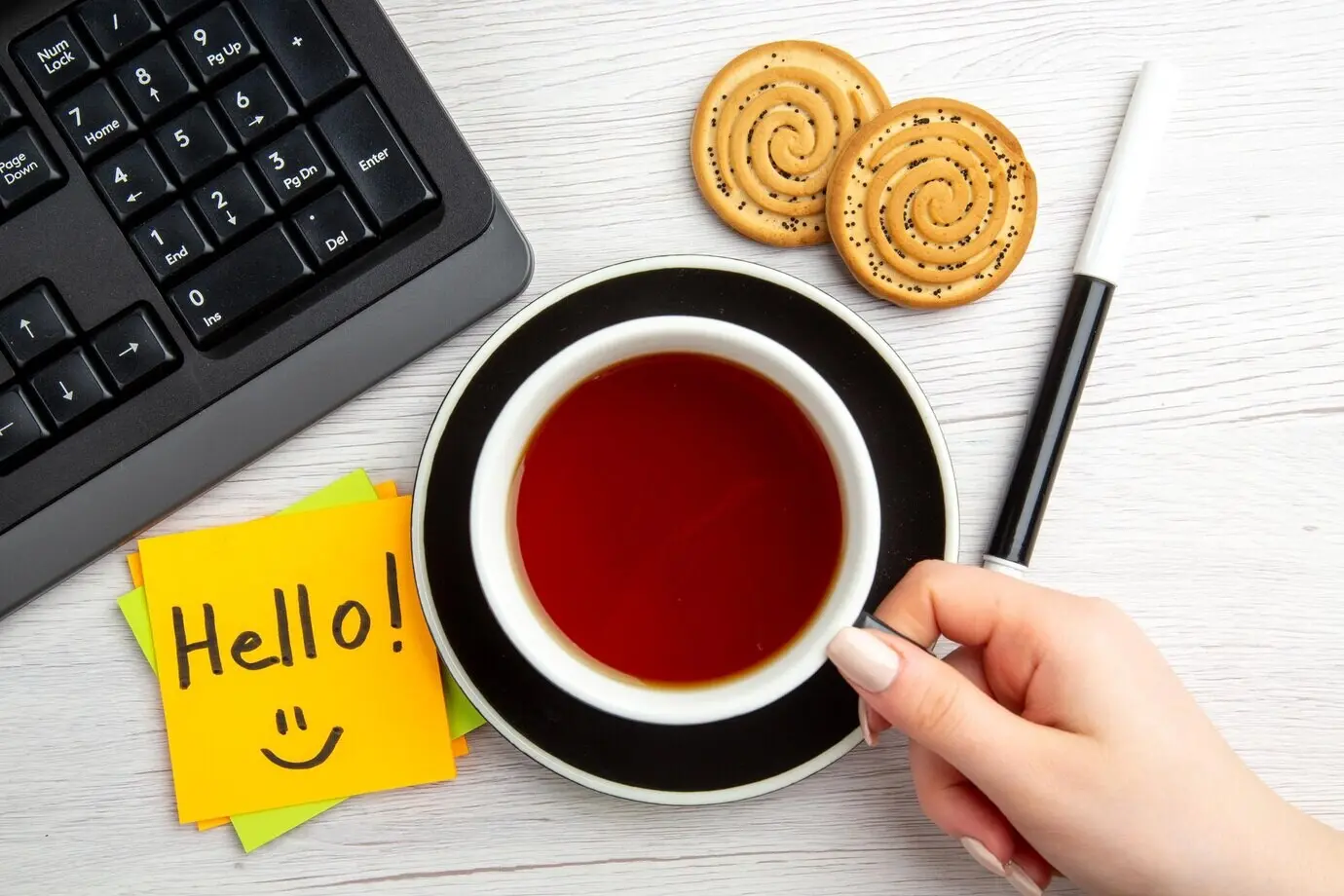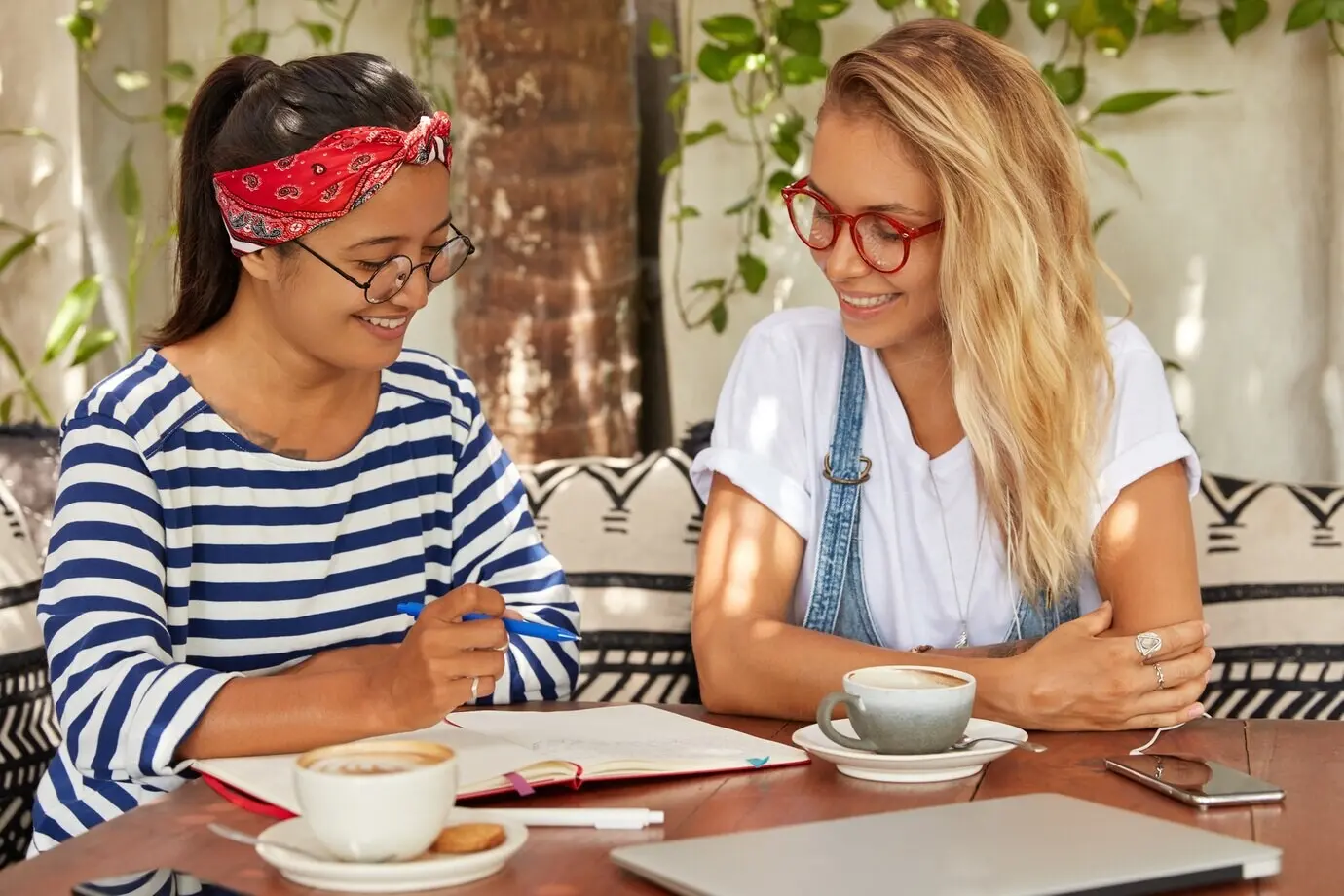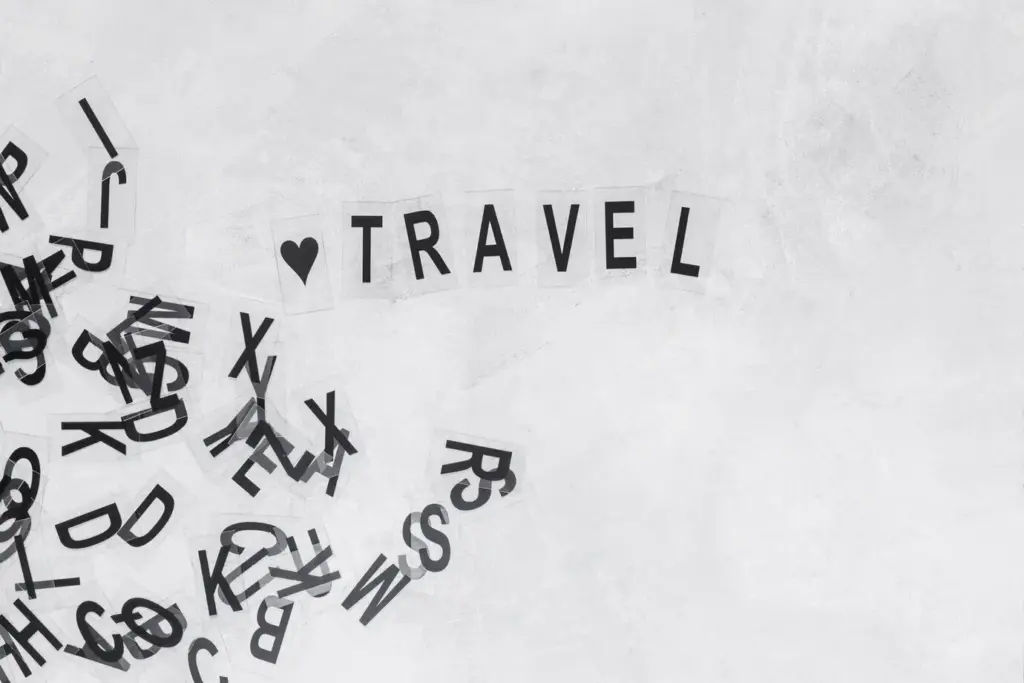Design Language Exchanges That Truly Work with Native French and Spanish Partners
Craft SMART objectives for each language
Balance time and protect equitable speaking turns
Run a diagnostic warm-up that guides the plan
Warm-ups that ignite recall and confidence
Main tasks that mirror real-life communication
Micro-teaching that clarifies patterns without lecturing
Give Feedback That Heals Errors Without Hurting Flow
Weave Culture Into Every Conversation

Choose Materials and Tools That Amplify Learning

Low-prep prompts that always get you talking
Maintain a deck of bilingual prompt cards covering scenarios, emotions, and problem-solving twists. Pull one at random to avoid decision fatigue. Add example connectors for French and Spanish on each card, nudging richer sentences without heavy instruction. Shuffle in challenge cards—whisper voice, formal register, or only questions—to keep energy playful. Because the deck lives on paper or a simple shared note, anyone can run a session, even while traveling or between meetings, ensuring the habit survives real life rather than depending on perfect conditions.

Collaborative notes that evolve into a phrasebook
Use a shared document with headings for chunks, pronunciation, grammar sparks, and cultural gems. Capture examples in both languages, color-code by speaker, and link to quick audio clips recorded during sessions. Add a weekly “star lines” section for expressions worth memorizing. Over months, this grows into a uniquely personal phrasebook with stories attached to every line, which makes recall faster and more joyful. Because both partners author it, ownership stays balanced, and the document becomes both a memory palace and a blueprint for future sessions.

Ethical recording and mindful review habits
If you record, ask explicit permission each time, define retention rules, and store files securely. Clip short moments rather than entire sessions to reduce overwhelm. During review, focus on one success and one stretch point, re-speaking a line in French or Spanish with improved pacing and melody. Keep reviews brief and celebratory so they encourage, not intimidate. Ethical boundaries build trust, and trust invites risk-taking, which is the engine of growth. When handled thoughtfully, recordings become mirrors that reflect progress you might otherwise miss.
Build Sustainable Motivation, Habits, and Community

